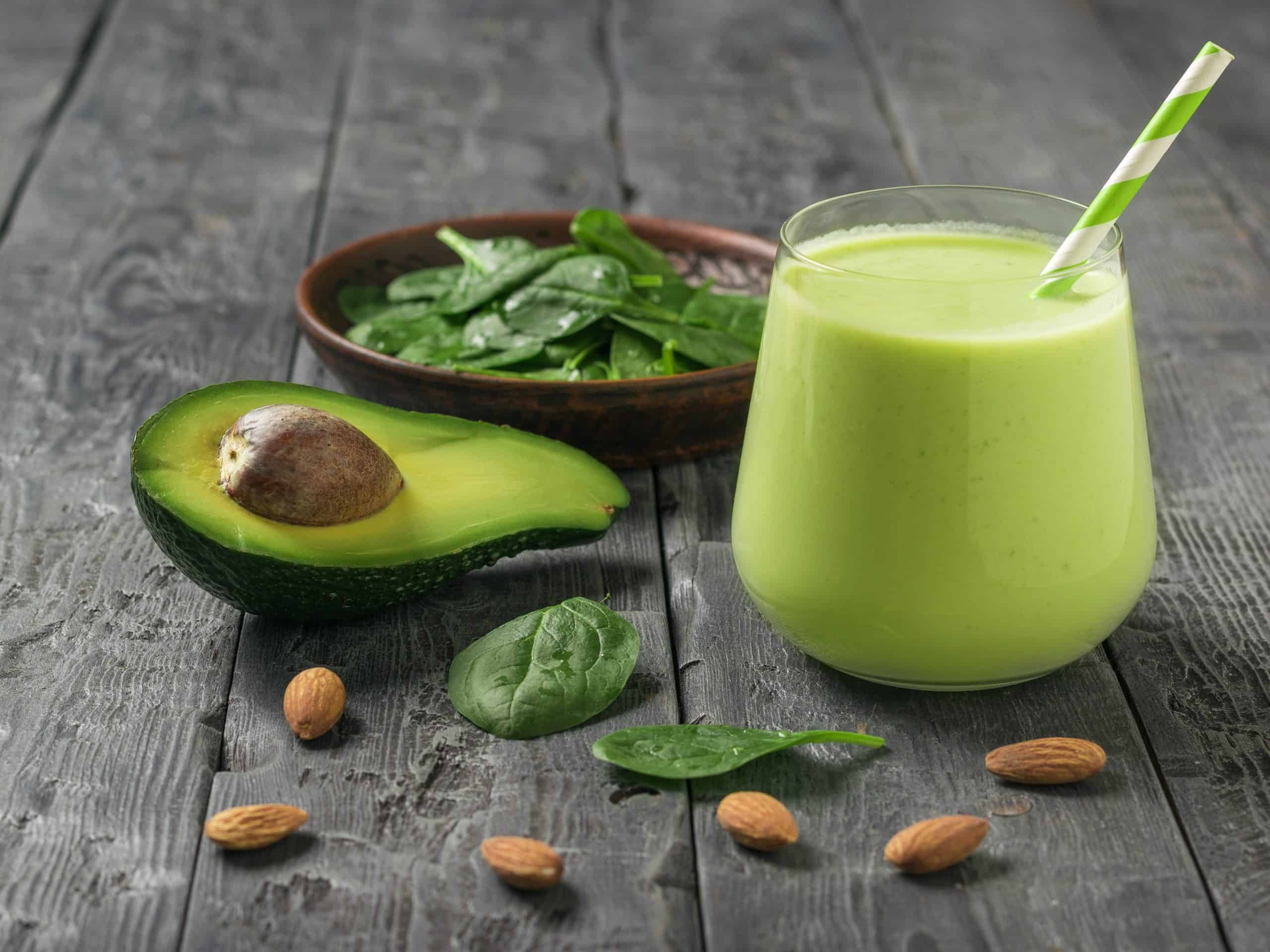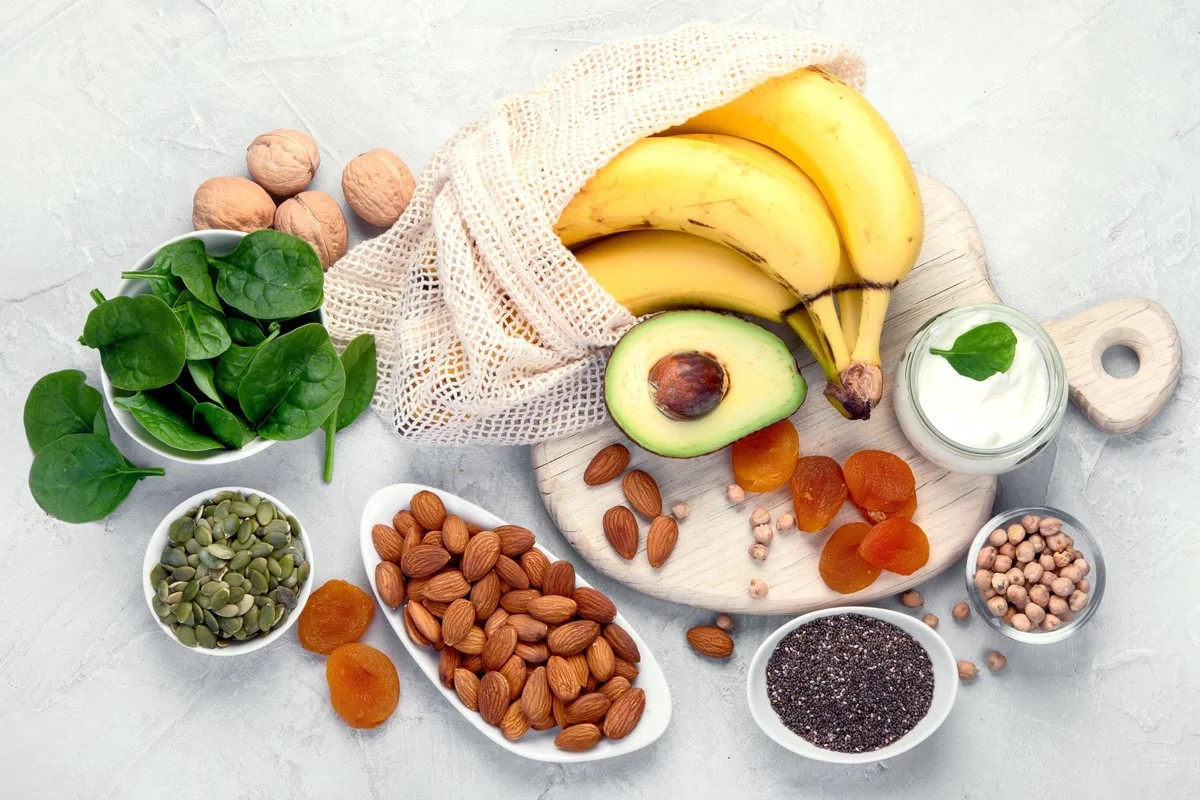Introduction
The Role of Potassium in Heart Health
Importance of Potassium
-
Regulate heartbeat and muscle contractions
-
Maintain proper fluid balance
-
Support nerve function
-
Counteract the adverse effects of sodium on blood pressure
How Potassium Affects the Heart
Dietary Sources of Potassium
Potassium-Rich Foods
-
Fruits: Bananas, oranges, apricots, and avocados
-
Vegetables: Spinach, sweet potatoes, broccoli, and tomatoes
-
Legumes: Lentils, beans, and peas
-
Dairy: Milk and yogurt
-
Fish: Salmon and tuna
Sample Potassium Content in Foods
|
Food Item
|
Serving Size
|
Potassium (mg)
|
|
Banana
|
1 medium
|
422
|
|
Avocado
|
1 medium
|
975
|
|
Spinach
|
1 cup
|
839
|
|
Sweet Potato
|
1 medium
|
542
|
|
Salmon
|
3 oz
|
534
|
|
Yogurt
|
1 cup
|
579
|
Benefits of a Potassium-Rich Diet
Lower Blood Pressure
Reduced Risk of Stroke
Enhanced Muscle Function
Improved Bone Health
Enhancing Immunity with Potassium-Rich Foods
Immune-Boosting Recipes
Recipe 1: Spinach and Avocado Smoothie
-
1 cup spinach
-
1/2 avocado
-
1 banana
-
1 cup almond milk
-
1 tablespoon honey
-
Blend all ingredients until smooth.
-
Serve chilled.

Recipe 2: Salmon and Sweet Potato Bowl
-
1 fillet of salmon
-
1 medium sweet potato
-
1 cup steamed broccoli
-
1 tablespoon olive oil
-
Salt and pepper to taste
-
Bake the sweet potato and salmon until cooked.
-
Steam the broccoli.
-
Combine all ingredients in a bowl, drizzle with olive oil, and season to taste.

Recipe 3: Lentil and Vegetable Soup
-
1 cup lentils
-
1 cup diced tomatoes
-
1 cup chopped spinach
-
1 medium carrot, chopped
-
4 cups vegetable broth
-
Cook lentils in vegetable broth until tender.
-
Add tomatoes, spinach, and carrot.
-
Simmer for 20 minutes and serve hot.

References
